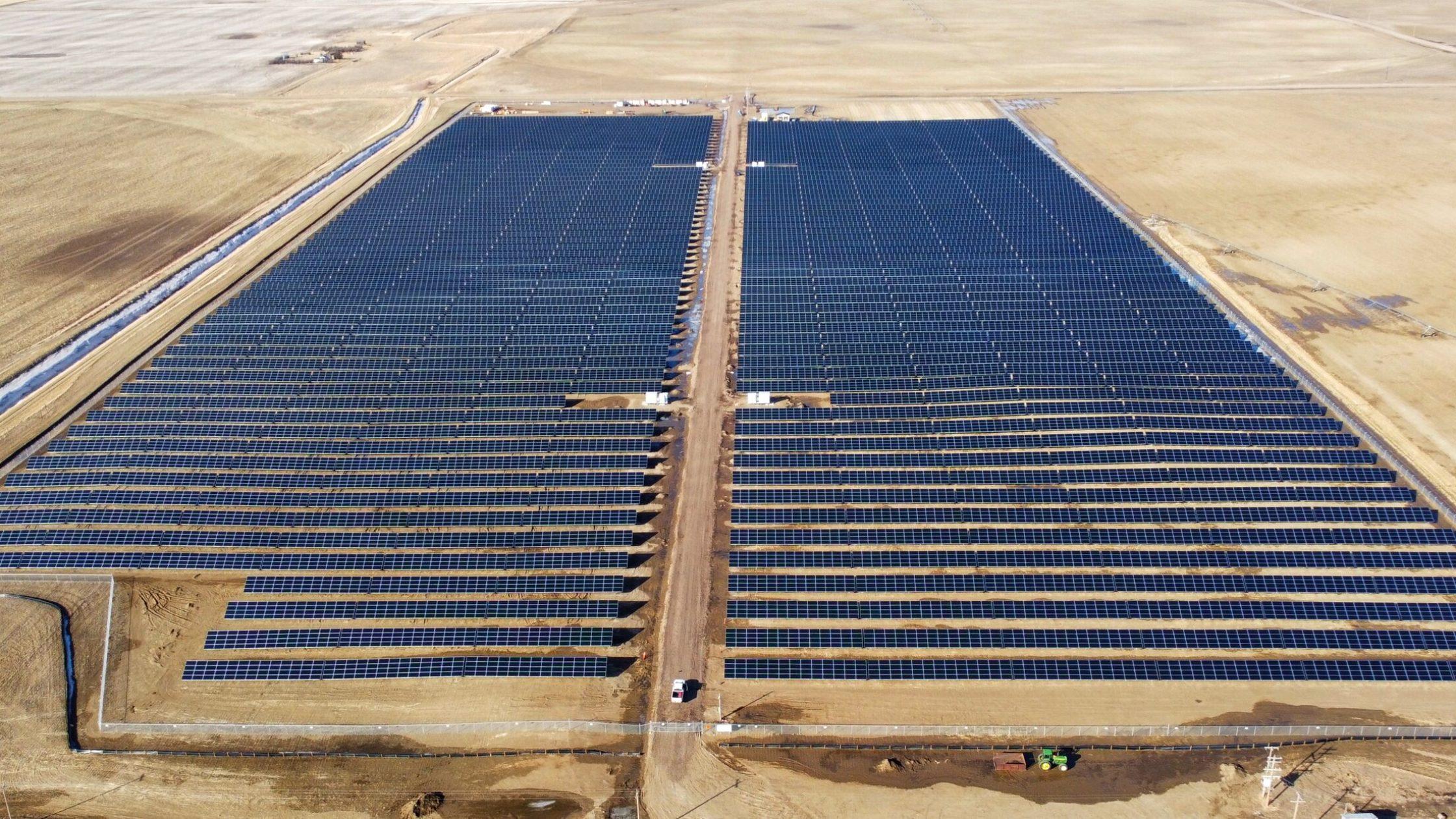Enbridge and TC Energy aim to reduce emissions while keeping energy supply secure and affordable
Follow CEC on Linkedin CEC LinkedinFollow CEC on Facebook CEC Facebook
Follow CEC on Twitter CEC Twitter
“We are also developing long duration energy storage solutions to balance the load on the electricity grid and enable continuous access to low-carbon power.”
TC Energy plans to reduce the greenhouse gas emissions intensity of its operations by 30 per cent by 2030 and achieve net zero emissions by 2050.
Among its efforts to achieve these goals, the company now has in place a long-term power purchase agreement with the Sharp Hills Wind Farm in Alberta and it is evaluating plans for a hydrogen production hub.
Sharp Hills is being built by Spain-based EDP Renewables. The 297-megawatt facility will generate enough electricity to power the equivalent of more than 164,000 average homes and will save approximately two billion liters of water per year compared to conventional power generation sources.
All that power will be sold to TC Energy for a period of 15 years. The deal is Alberta’s largest wind power purchase agreement yet and enables the Sharp Hills project to proceed. The wind farm is expected to start operating in 2023.
At Crossfield, Alberta, where TC operates a natural gas storage facility, the company and partner Nikola Corporation are considering building a hydrogen production hub.
The proposed facility would produce about 60 tonnes of hydrogen per day, with capacity to increase to 150 tonnes per day in the future. The hydrogen would be produced from natural gas, and the CO2 generated would be captured and sequestered.
Arizona-based Nikola Corporation would be the hub’s anchor customer for its long-haul fuel cell electric vehicles. TC Energy expects a final investment decision by the end of 2023.
Enbridge
Calgary-based Enbridge operates the world’s longest and most complex crude oil and liquids transportation system, encompassing more than 28,000 kilometres across North America.
The company also operates more than 123,000 kilometres of natural gas pipelines in North America and the Gulf of Mexico.
The company has set the target to reduce emissions intensity 35 per cent by 2030 and to achieve net zero emissions by 2050. One way it is working toward these goals is by building and operating renewable energy projects to provide power for its own operations.
The company has invested more than $8 billion in renewable energy projects since 2002 when it started with a single wind farm.
Enbridge now has 24 wind farms in operation and under construction, 17 solar energy operations, five waste heat recovery facilities, seven renewable natural gas facilities, two hydrogen facilities, one geothermal project, one power transmission project and one hydroelectric facility.
“We’re committed to investing another $4 billion in renewables and low-carbon solutions through 2025 and will not make any new investments unless it’s on a path to achieving our goal of net zero emissions by 2050,” says Enbridge spokeswoman Gina Sutherland.
By building and operating solar farms at natural gas compressor stations and liquids pump stations, for example, Enbridge can supply its own green power.
Enbridge’s first solar self-powered project in Canada, Alberta Solar One, went into service in April 2021. The 10.5-megawatt facility will supply a portion of the power requirements of the Enbridge oil Mainline.
Renewable energy investments by Canada’s oil and gas pipeline operators help advance the key role that technologies like wind and solar will play in the future, according to the Canadian Renewable Energy Association (CanREA).
“It’s great to see a growing number of companies in conventional energy industries, including companies in the pipeline sector, increase their investment in renewable energy,” CanREA said in a statement to the CEC.
“This will help diversify their activities, decarbonize their operations and support the energy transition.”
Share This:





 CDN NEWS |
CDN NEWS |  US NEWS
US NEWS 


































Canada’s Advantage as the World’s Demand for Plastic Continues to Grow